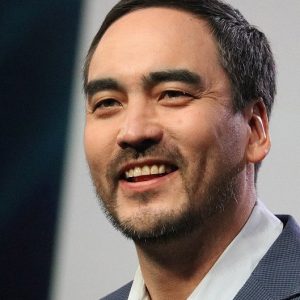event
Tim Wu – The Curse of Bigness Revisited

February 20th, 2018 - 7:00 pm to 8:30 pm
Cubberley Auditorium
485 Lasuen Mall
Stanford, CA 94305
In the early 20th century, Louis Brandeis first asked whether concentrated industrial power posed a fundamental threat to American democracy. This lecture asks whether we face the same fundamental problem in the early 21st century, and discusses the relationship between democracy and industrial concentration, the Constitution’s approach to private power, and the intended political role of the anti-trust laws in protecting representative democracy.
TIM WU is an author, policy advocate, and professor at Columbia Law School. Wu’s best known work is the development of Net Neutrality theory, but he also writes about private power, free speech, copyright, and antitrust. His books The Master Switch and The Attention Merchants have won wide recognition and awards.
He has worked in academia, federal and state governments. He worked at the White House for the National Economic Council, at the Federal Trade Commission, for the New York Attorney General, as a fellow at Google, and for Riverstone Networks in the telecommunications industry. He was a law clerk for Judge Richard Posner and Justice Stephen Breyer. He graduated from McGill University (B.Sc.), and Harvard Law School.
Wu is a contributing opinion writer for the New York Times; he was formerly a contributing writer at NewYorker.com and a contributing editor at the New Republic. He has been named to the Politico 50 twice, to America’s 100 most influential lawyers, and he has also won awards from Scientific Americanmagazine, National Law Journal, and 02138 Magazine. He has twice won the Lowell Thomas Award for travel writing, and in 2017 he was named to the American Academy of Arts and Sciences.
There will be a Wesson Discussion Seminar on Wednesday, February 21 at 10am, which is intended as a response to the Lecture. Discussion commentators are Josh Cohen (Apple University), Reid Hoffman (LinkedIn), and Lina Khan (Open Markets Institute). The Seminar is free and open to the public. No reservation required.
Partners
McCoy Center for Ethics in Society, the Digital Civil Society Lab at Stanford PACS, and the Knight Foundation
